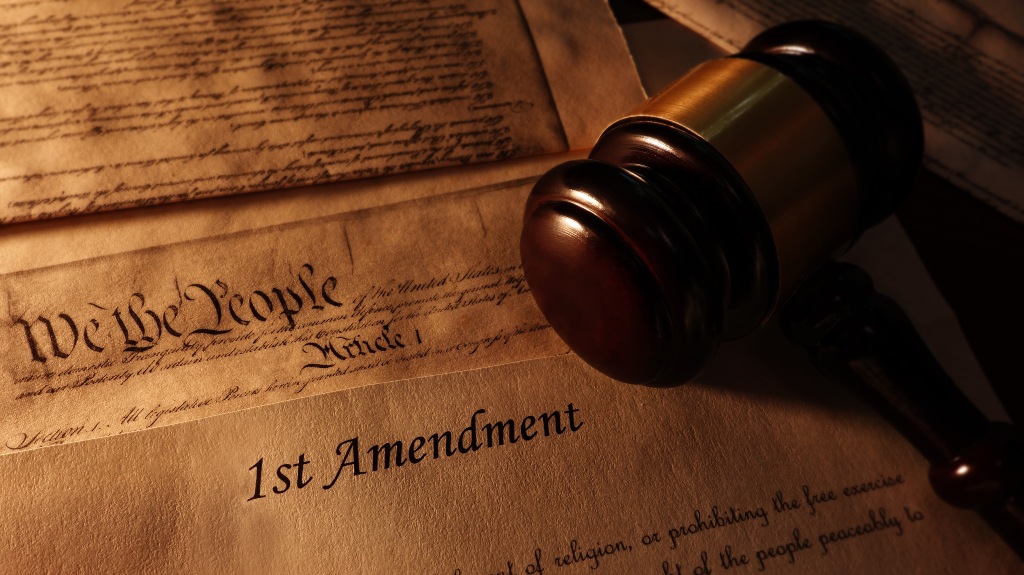The Vital Importance of Defending Speech We Disagree With
In the fight to preserve our fundamental rights, one principle stands as a cornerstone of our democracy: the protection of free speech, even when it is deeply uncomfortable or offensive. Voltaire famously said, “I disapprove of what you say, but I will defend to the death your right to say it.” This sentiment encapsulates the essential role of free speech in a democratic society.
The importance of defending free speech, regardless of its content, has been demonstrated time and again in American legal history. A striking example is the U.S. Supreme Court case National Socialist Party v. Skokie, 432 U.S. 43 (1977), a landmark legal battle fought and won by ACLU attorneys on behalf of the American Nazi Party.
In 1977, the ACLU of Illinois, led by David Goldberger, a Jewish attorney, represented a group of neo-Nazis seeking to hold a demonstration in Skokie, Illinois—a community with a significant Jewish population, including Holocaust survivors. Despite the offensive nature of the Nazi group’s message, the ACLU defended their right to march, underscoring the principle that all Americans should be able to speak freely without fear of government retribution.
The ACLU’s commitment to defending this controversial protest highlighted a critical truth: the First Amendment is designed to protect all speech, not just that which is popular or pleasant. The legal struggle was not merely about supporting a hate group but about ensuring that no one can censor speech simply because it is unpopular or repugnant. Allowing the government to suppress any speech opens the door to broader censorship that could ultimately affect everyone’s ability to express dissenting views.
The Supreme Court, in National Socialist Party v. Skokie, reinforced this principle by upholding the rights of the American Nazi Party to hold their demonstration. The Court’s decision reaffirmed the strong protections granted to even the most hateful or offensive expressions under the First Amendment. It emphasized that the First Amendment to the United States Constitution asserts that Congress shall make no law abridging the freedom of speech.
Defending speech we may personally disagree with upholds the broader values of liberty and democracy. The ACLU’s efforts in the Skokie case remind us that the fight for free speech is about preserving our rights and freedoms against potential overreach and censorship.
Remember, the First Amendment is not just a legal provision but a declaration of our collective commitment to freedom. Enforcing this right against government suppression is essential to maintaining a vibrant and free society.
This blog post is for informational purposes only and does not constitute legal advice. For specific legal advice, please consult a qualified attorney.



